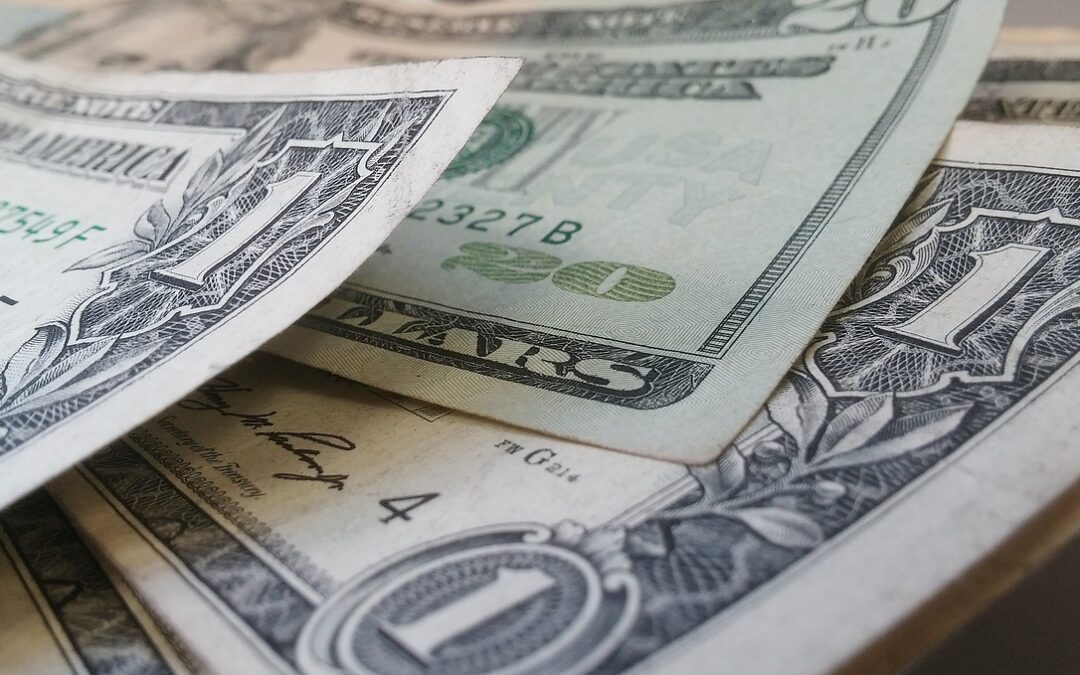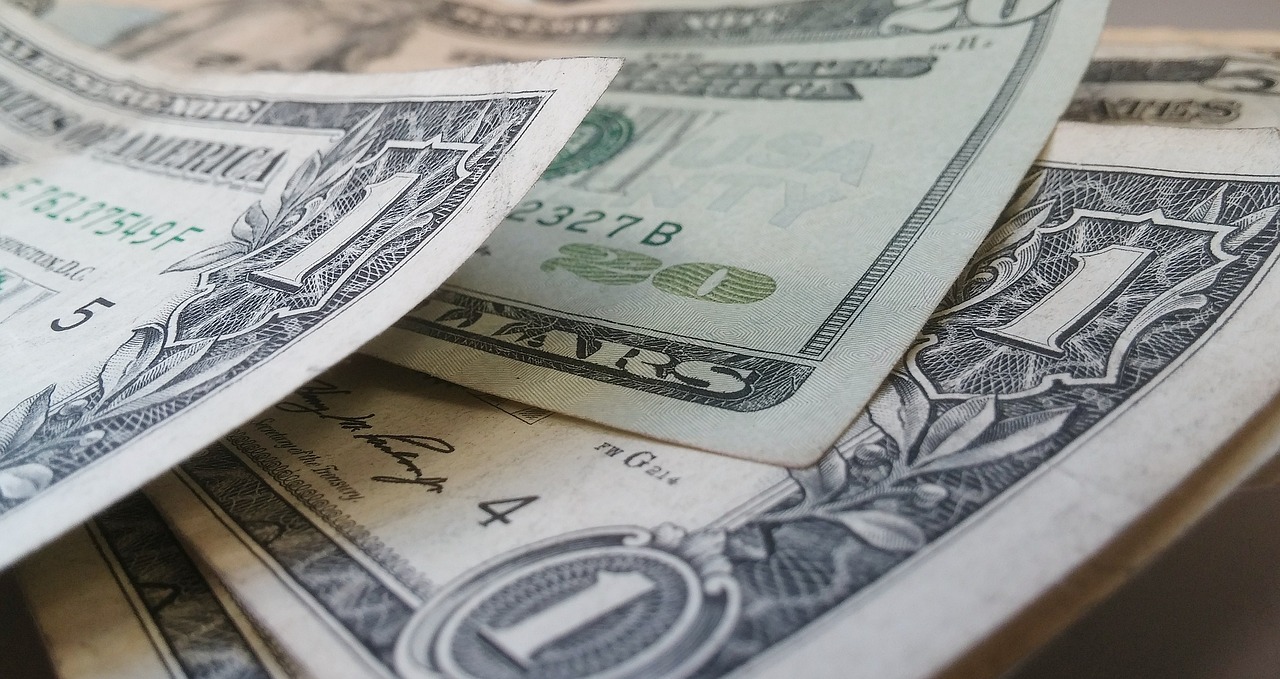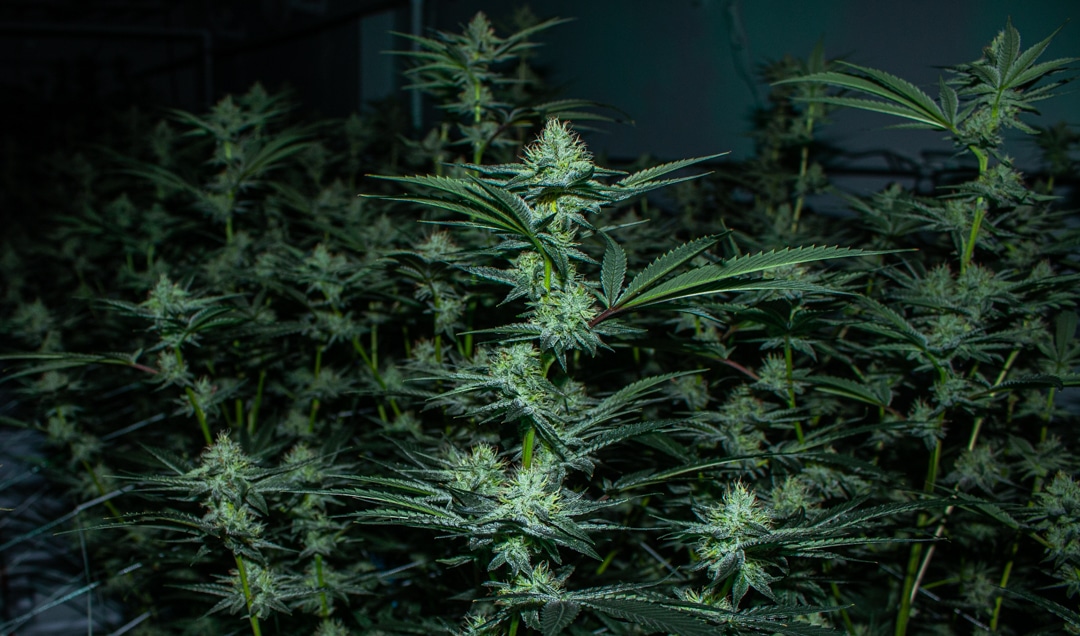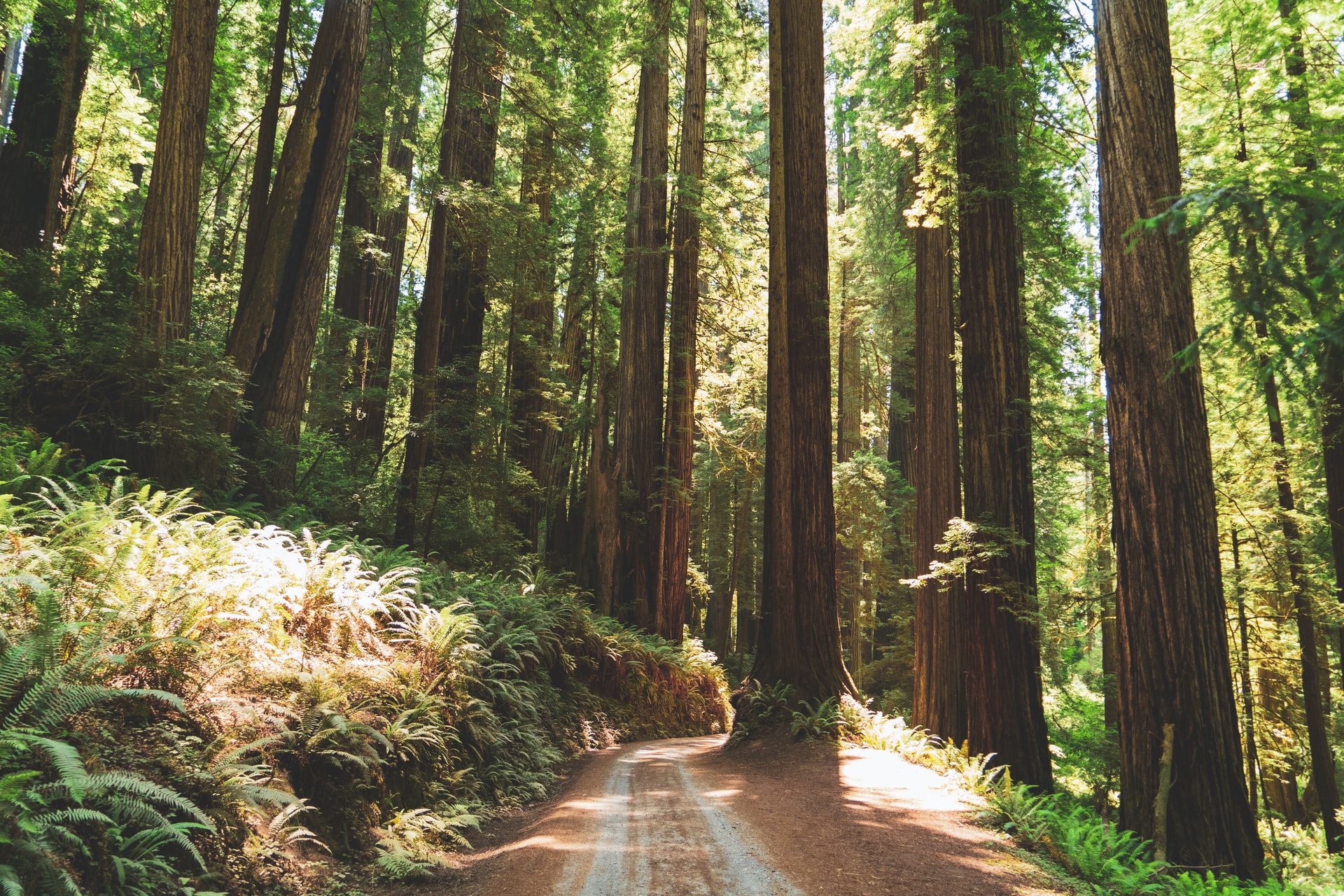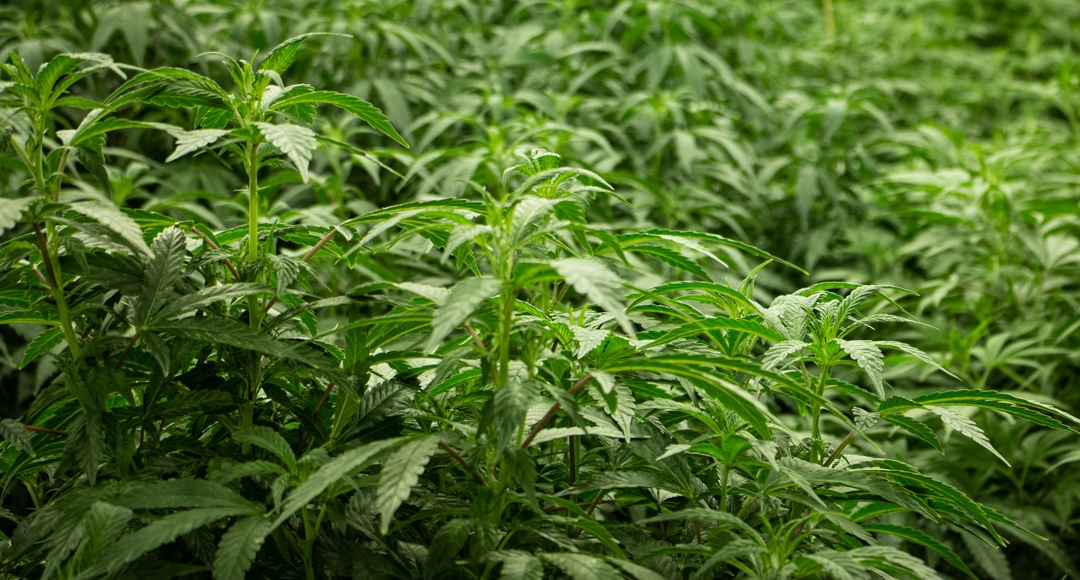
Mississippi medical marijuana bill introduced

After months of debate and back-and-forth, lawmakers in Mississippi have finally produced a bill to implement a new medical cannabis law in the state.
After months of speculation and hand-wringing, the Mississippi Legislature is set to take up a medical marijuana bill in the Senate as soon as Thursday, lawmakers said.
Sen. Kevin Blackwell, R-Southaven, filed the long-awaited bill late Tuesday afternoon. Lt. Gov. Delbert Hosemann referred the 445-page bill to the Senate Public Health and Welfare Committee for review.
Speaker of the House Philip Gunn said at the start of the legislative session medical marijuana was not a top priority of his. Bryan’s committee held two hearings over the summer about what a proposed medical marijuana bill would look like in Mississippi.
Gov. Tate Reeves said in June 2021 he would call a special session of the legislature if the House and Senate could agree on a bill.
In September, Gunn and Hosemann announced their two chambers had reached an agreement, but Reeves never called a session, objecting to portions of the bill. A draft version was made public in September, and lawmakers worked to address most of Reeves concerns.





